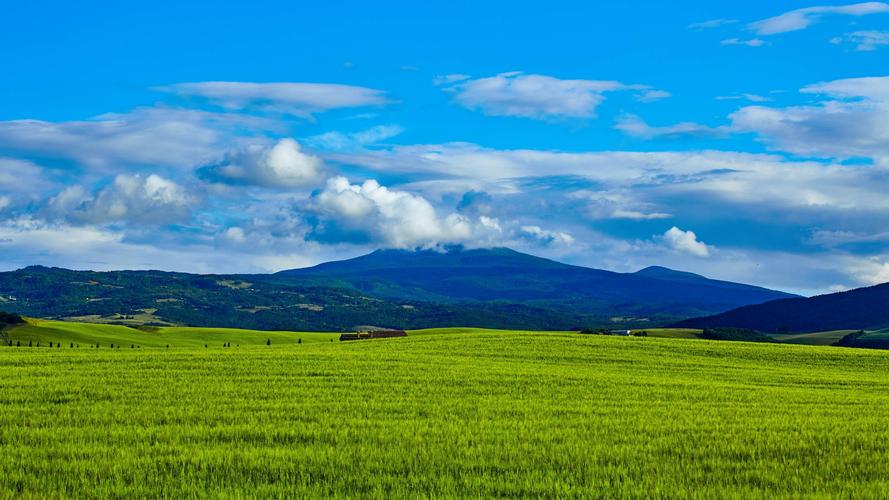Preserving Pakistan’s Rich Cultural Heritage for Future Generations
Pakistan is home to some of the world’s most diverse cultural and historical sites, spanning thousands of years. From the ancient ruins of Harappa and Mohenjo-Daro to the majestic Mughal-era shrines of Lahore and the breathtakingly beautiful Hunza Valley, Pakistani culture is a rich tapestry that deserves to be cherished and protected.
However, this cultural heritage is under threat from various quarters. Rapid urbanization, climate change, and even urbanization have contributed to the decay and destruction of many historic sites, while a lack of awareness among the masses about their importance and value has led to their neglect and indifference.
Despite these challenges, there is hope. Many individuals, organizations and government initiatives have emerged to work towards the preservation and conservation of Pakistan’s cultural heritage.
One such initiative is the Lahore Conservation Society, which is working to restore the Wazir Khan mosque in Lahore’s Old City. This project has not only helped preserve the mosque’s heritage, but also generated employment for hundreds of local artisans and craftsmen.
Similarly, the Aga Khan Historical Society has been working to restore historic shrines in the Northern Areas of Pakistan, providing employment for local preservationists and craftsmen, and promoting sustainable tourism that benefits local communities.
In addition to these initiatives, the government has also established several bodies and institutions responsible for the protection of cultural heritage, such as the Department of Archaeology and Museums and the National Fund for Culture and Heritage.
However, preserving cultural heritage is not just the responsibility of government and NGOs. It is also the responsibility of every citizen. Education and awareness campaigns can help foster a sense of pride and ownership among Pakistanis about their heritage, and inspire them to work towards its preservation.
Moreover, sustainable tourism can help generate income for local communities and support conservation efforts. This can include initiatives such as ecotourism, cultural festivals, and responsible tourism practices that encourage visitors to respect and learn about local customs and traditions.
In conclusion, preserving Pakistan’s rich cultural heritage is not just a matter of pride, but also a matter of responsibility. It requires a collective effort from government organizations, NGOs, local communities, and individuals to protect and conserve these valuable cultural assets for future generations. By working together, we can ensure that Pakistan’s cultural heritage remains intact and continues to inspire and enrich the world for centuries to come.
(Note: Do you have knowledge or insights to share? Unlock new opportunities and expand your reach by joining our authors team. Click Registration to join us and share your expertise with our readers.)
